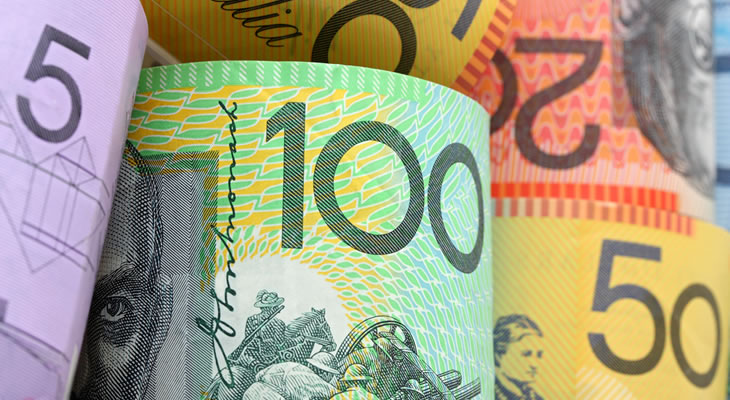GBP/AUD Exchange Rate Falls, But Could US-China Tensions Weigh on the ‘Aussie’?
The Pound to Australian Dollar (GBP/AUD) exchange rate dipped this morning, with the pairing currently trading around AU$1.780.
The Australian Dollar (AUD) rose against the Pound (GBP) today despite Australian markets remaining cautious as US-China tensions continue to grow. This follows Washington’s order for China to shut down its consulate in Houston following accusations of spying.
Mark Haefele, chief investment officer at UBS Global Wealth Management, was also pessimistic that US-China trade tensions could continue for months, saying:
‘US-China tensions could persist into the US election in November. A change of leadership might not mark the end of pressure on China from the US.’
‘Investors around the world need to consider the implications of trade policy and other major election policy issues for their portfolios.’
With China being Australia’s largest trading partner, escalations in trade tensions between the world’s two largest economies could drag down the ‘Aussie’.
In Australian economic news, today saw the release of the National Australia Bank’s (NAB) Business Confidence figure fall below forecasts to -15. As a result, AUD investors are fast becoming concerned for Australia’s economic recovery from the Covid-19 pandemic.
Today will also see the release of Australia’s Commonwealth Bank’s Services and Manufacturing PMI for July. Any improvement in the Australian economy would prove AUD-positive.
Pound (GBP) as Post-Brexit Jitters Weigh on UK Markets
The Pound (GBP) continued to struggle today after Downing Street officials said that there had neither been a ‘breakthrough nor breakdown’ in UK-EU trade talks. However, with the two powers remaining in a deadlock over a post-Brexit trade deal, Sterling investors are becoming increasingly anxious.
Prime Minister Boris Johnson’s official spokesperson said:
‘Round five negotiations are ongoing, and we remain committed to working hard to find the outlines of a balanced agreement … but significant differences still remain on a number of important issues.’
‘Our preference is to leave with an FTA [free trade agreement] as long as it guarantees our political and economic independence. But we will make sure that we’re prepared for all possible scenarios.’
Today will see the Bank of England’s (BoE) Jonathan Haskel, a member of the bank’s Monetary Policy Committee, deliver a speech. Any dovishness about Britain’s economic recovery would prove GBP-negative.
GBP/AUD Outlook: Could Worsening US-China Trade Tensions Drag Down the Australian Dollar?
Pound (GBP) investors will be awaiting tomorrow’s release of the flash UK Markit Services PMI for July. If the UK’s largest sector shows any signs of recovery, then we could see the GBP/AUD exchange rate edge higher.
Friday will also see the release of the latest UK retail sales figures. However, if the UK’s retail sector remains subdued, we could see Sterling suffer.
The GBP/AUD exchange rate will remain sensitive to risk-sentiment for the rest of this week. As a result, we could see ‘Aussie’ sink if US-China trade relations worsen.


Comments are closed.